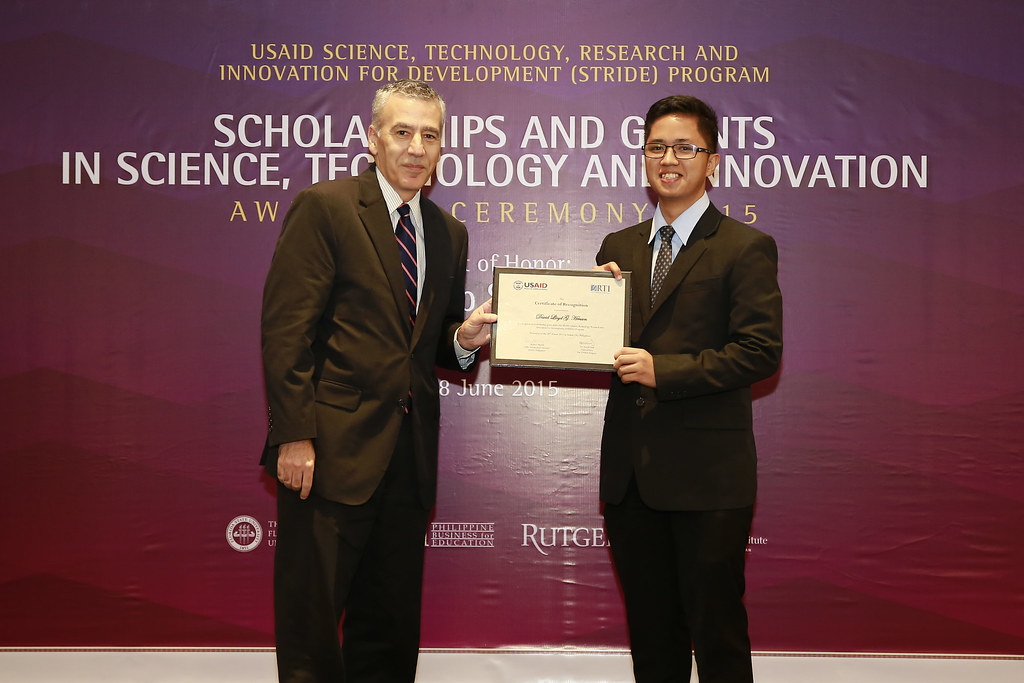
Introduction
The United States Agency for International Development (USAID) plays a crucial role in global development, providing humanitarian assistance and fostering economic growth in developing nations. Established in 1961, USAID has become a symbol of American commitment to international aid, addressing pressing issues such as poverty, disease, and governance. In a world increasingly interconnected, the relevance of USAID’s work is undeniable, as it not only supports global stability but also fosters a sense of mutual responsibility and cooperation among nations.
Recent Developments
In recent months, USAID has been at the forefront of various global initiatives. Following the widespread impact of COVID-19, the agency redirected its efforts to assist countries in vaccine distribution and economic recovery. According to their latest report, USAID has allocated over $4 billion towards pandemic response globally, prioritizing the most vulnerable populations.
Additionally, climate change has remained a significant focus. In 2023, USAID launched a new initiative aimed at enhancing climate resilience in small island developing states, helping them adapt to the relentless impacts of climate change. Through partnerships with local governments and organizations, this initiative allocates financing for renewable energy solutions and sustainable fishing practices.
Key Areas of Focus
USAID operates in several key areas that reflect its mission of promoting sustainable development. These include:
- Health: USAID continues to provide essential health support through programs that target infectious diseases, maternal and child health, and nutrition.
- Education: Literacy and educational access are pivotal, with programs aimed at improving educational facilities and resources in low-income countries.
- Economic Growth: Facilitating economic opportunities through training and support for local businesses is a fundamental aspect of USAID’s work.
- Governance: Promoting democracy and good governance is essential for stable societies; USAID invests heavily in strengthening institutions and enhancing public accountability.
Conclusion
The impact of USAID on global development is profound and far-reaching. As the world continues to grapple with challenges such as pandemics, climate change, and economic disparity, USAID’s role will likely expand. Future forecasts suggest an increased budget and emphasis on innovative partnerships, especially with the private sector, to achieve its goals. For readers, understanding USAID’s work not only highlights the importance of international cooperation but also underscores the ongoing challenges and opportunities faced in a rapidly changing world.



